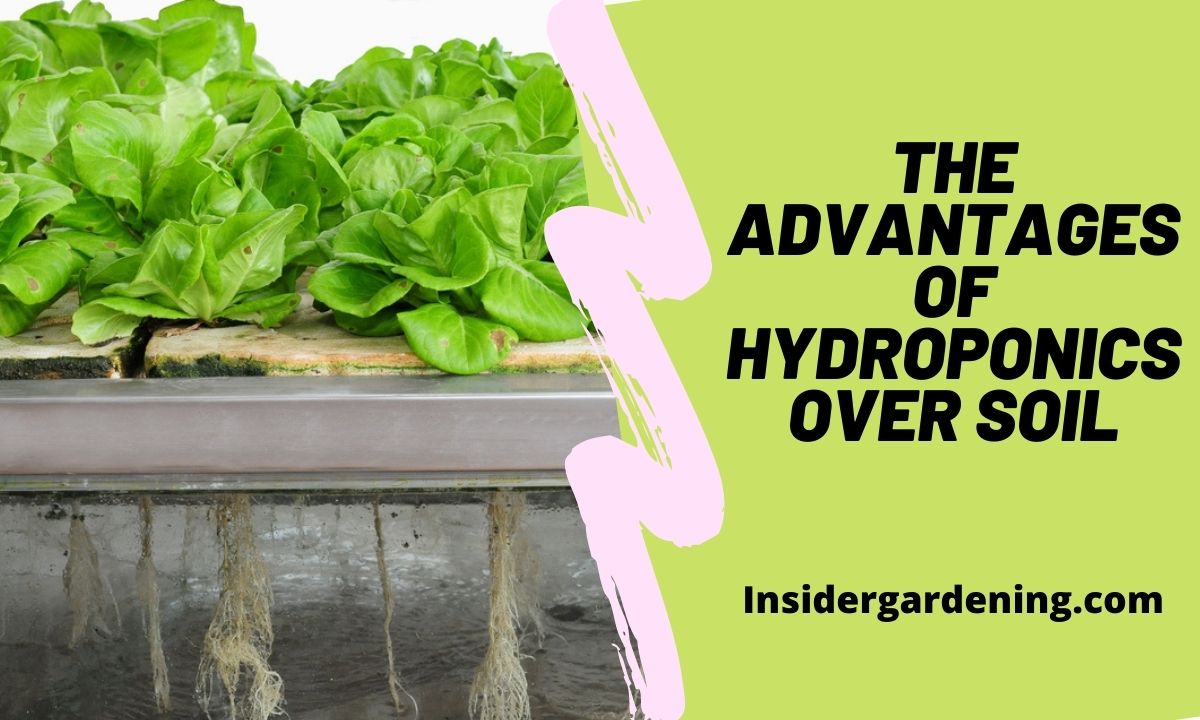The Advantages of Hydroponics Over Soil

If your soil conditions aren’t quite right to grow the plants you want, hydroponics might be a viable option. In a hydroponic gardening system, plants are grown in nutrient solutions instead of soil. The system can be either completely liquid, or an aggregate may be used to offer some support for plant roots.
If your soil conditions aren’t quite right to grow the plants you want, hydroponics might be a viable option. In a hydroponic gardening system, plants are grown in nutrient solutions instead of soil. The system can be either completely liquid or aggregate may be used to offer some support for plant roots.
Control
Hydroponic techniques offer a good deal of control over plant conditions. When you grow plants in soil, there are some aspects you can’t control, such as soil texture and previous plantings in the same soil site. With a hydroponic system, you start with a clean slate and have the ability to alter nutrient levels and pH directly. As noted in “How to Hydroponics” by Keith Roberto, hydroponic systems also offer increased control over runoff and evaporation, which decreases water usage.
Cost
Although hydroponic systems require an initial investment in materials, in the long term they tend to be quite cost-effective. A well-maintained system will use water more efficiently than plants grown in soil, and in ideal conditions gardeners will save money on soil preparation, pesticides and losses that occur in normal conditions due to water-related problems like drought or flood. Although water and nutrient costs tend to be lower, however, initial and operational costs for system parts are often higher than soil growing. Expenses will be higher in a poorly designed system.
Yields
Hydroponic systems are known for their high-crop yields and product quality. In a well-designed, efficient system, plants receive the exact nutrients that they need and are able to absorb nutrients more efficiently than plants grown in soil.
Nutrients are applied directly to plant roots, so the plants don’t need to expend energy in developing an extensive root system to search for water and nutrients. Plants also have more available oxygen, which causes them to grow faster than they do when cultivated in soil.
Additionally, since the root systems tend to be smaller, you can grow more plants in a smaller amount of space without worrying about the plants competing with each other for water and nutrients.
Maintenance
With a hydroponic system, many common gardening practices become unnecessary. Hydroponic systems offer a higher degree of control over soil-borne pests and weeds.
Although some pathogens, like fusarium and verticillium, can still spread through a hydroponic system. For the most part, hydroponic plants tend to be less prone to disease. Lack of soil eliminates the need for weeding and other cultivation practices, like mulching and tilling. Hydroponic systems don’t require crop rotation, which makes them ideal for larger-scale fruit or vegetable production.
Read More: How to Grow Vegetables in Water Without Soil



